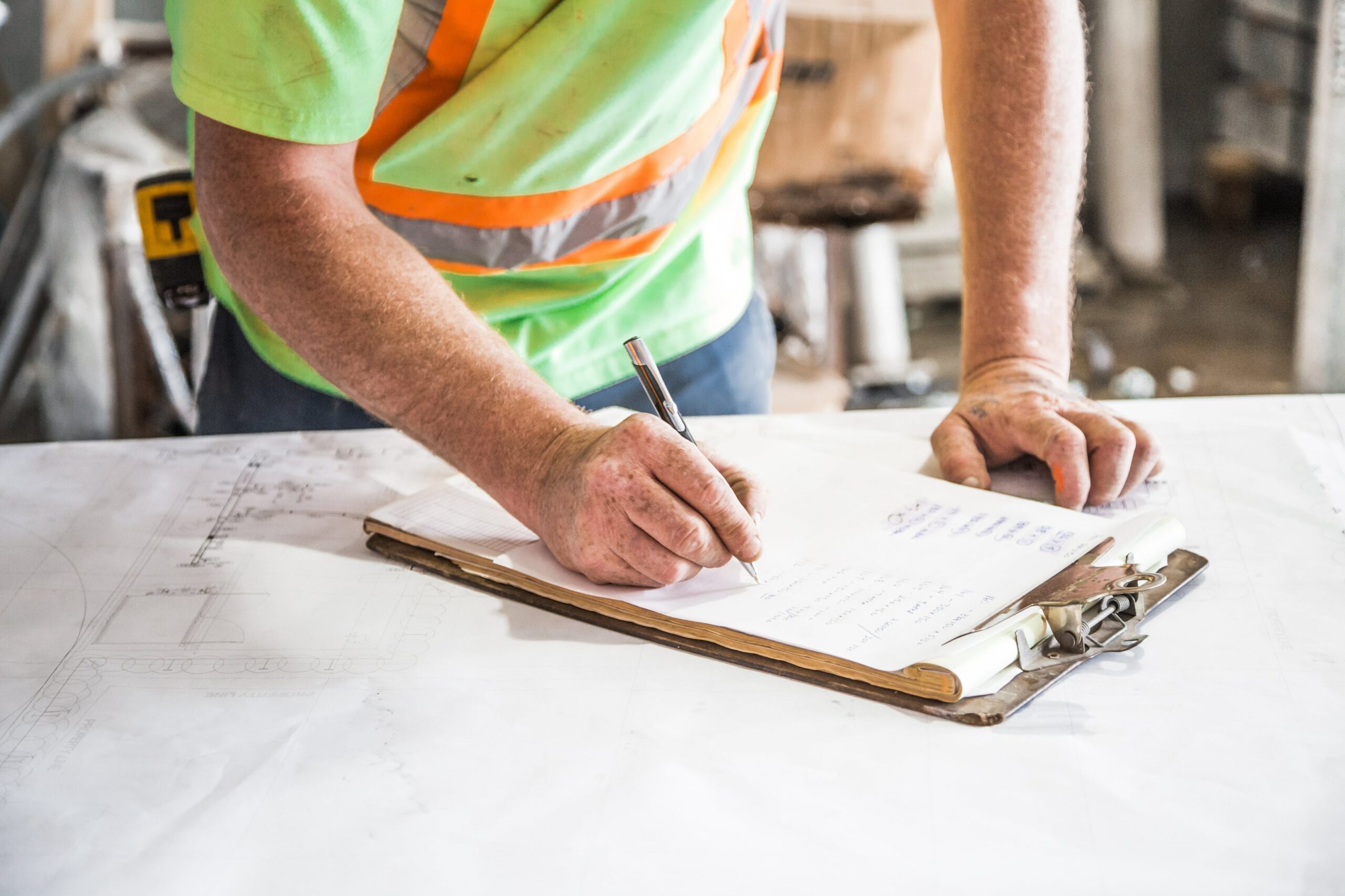Petitioners opt for old-school paper and pen over Boulder’s online system

Friday, April 23, 2021
Two new groups of Boulderites have joined Bedrooms Are for People in a quest to make this fall’s ballot. Neither have opted to use the city’s new online petitioning system.
Fur Free Boulder and Let Boulder Voters Decide on Annexation of CU South are both collecting signatures the old-fashioned way: In-person, on pen and paper.
“The online system was up for about a week and didn’t seem to be doing well,” said Brent Johannes, an organizer with Fur Free Boulder. “I’ve signed an online petition myself, and it took a lot of time. We’re all volunteer-run; we don’t have a lot of funding. We can’t do online ads, trying to get the online signatures.”
“It just seemed easier” to stick with paper petitions, Johannes said.
Learn more: furfreeboulder.com
Sign: Fur-Free representatives will be at the Boulder Farmers Market every Saturday. Or you can request an at-home visit from a volunteer by using the contact form at furfreeboulder.com/take-action
A representative of Let Boulder Voters Decide declined a request for an interview.
Fur Free’s measure, if passed by voters, would ban the sale and manufacture of certain fur products in Boulder. The group has about half the 3,336 signatures they’ll need by June 4, Johannes said, though they’re aiming for several thousand above the threshold due to the 30% to 50% of signatures typically rejected in the verification process.
That’s why the online system is so onerous: It shifts the work of verification from the city clerk’s office to citizens. The city expects very few rejections of online signatures, City Attorney Tom Carr said in February.
“I would say 99%” will be accepted, Carr said. “It’s not that easy to get through. … Once you’re done, you’re done.”
Bedrooms Are For People remains the sole group testing the waters of Direct Democracy Online, developed for the city by Runbeck Election Services for $490,000. The campaign debuted after less than a month
of public testing, and it hasn’t been a smooth process.
“Some people can finish this process in two minutes or less,” said Eric Budd, a Bedrooms organizer. “For some people, it’s days, weeks. “We have an internal list of 1,000 people we have verified are registered voters, that can sign and haven’t been able to get through the process.”
“Parts of this are successful. But if you drop this system anywhere else and expect it to be successful, you’re kidding yourselves.”
Learn more: bedroomsareforpeople.com/
Sign: Visit Direct Democracy Online to endorse this petition. Visit bedroomsareforpeople.com/sign-help for help, or fill out the contact form at bedroomsareforpeople.com/ for help with common signing issues.
The campaign is actually employing a hybrid model, sending volunteers to storefronts and parks with the traditional clipboard. Instead of collecting signatures, though, workers are walking signers through the multi-step process. There’s also a tremendous amount of followup for those who aren’t able to sign on the spot.
“If they don’t finish signing right away, that’s where we have volunteers follow up with them by phone call text or email and walk them through the process step-by-step,” said Chelsea Castellano, another organizer. “If someone updates their phone number in person, we mark that. A few days later, we send them a text, we give them a link to sign and help them through the process.”
“That’s a massive undertaking on our part,” said Budd. “Last year was more stressful” — with the pandemic, changing city guidelines and eventual lawsuit — “but we’re doing more work this year.”
Some early problems
were identified by the campaign itself, such as the difficulty of changing unlisted phone numbers. City staff has been very helpful, fixing every bug brought to their attention, Budd and Castellano said, but the remaining problems are deep design flaws, not technical issues.
“Technically, it works fine,” said Budd. “It’s the user interface, the product experience. I work in software development. If (a private-sector company) were designing something like this, their job would be to understand the end user. That’s an aspect of this software that was just not done. There was no extensive user outreach or testing.
“The city will do extensive outreach on housing developments,” he added. “They literally dropped this on us and had us do the testing for them.”
Budd and Castellano are hopeful the kinks will be worked out, and the system will catch on with residents with repeated use.
One of the biggest fixes for campaigns would be allowing a mix of online and in-person signatures. Petitioners can collect both but submit only one set — meaning they have to gather enough signatures through each venue to meet the legal minimum.
Council in December directed staff to explore changes to the system so it could accommodate both. It may require a redesign, Carr advised, with all the attendant costs and complexities. Any hybrid option wouldn’t be available until 2022 or after.
“I’m sorry it’s not exactly what you envisioned when you started out,” Mayor Sam Weaver said to petitioners at the time. “Hopefully it will be your vision in a year or two.”
— Shay Castle,
boulderbeatnews@gmail.com, @shayshinecastle
Want more stories like this, delivered straight to your inbox? Click here to sign up for a weekly newsletter from Boulder Beat.
Elections Bedrooms Are For People Boulder City Attorney city clerk city council city of Boulder CU South Direct Democracy Online Fur Free Boulder mayor online paper petitions Runbeck Sam Weaver Tom Carr

